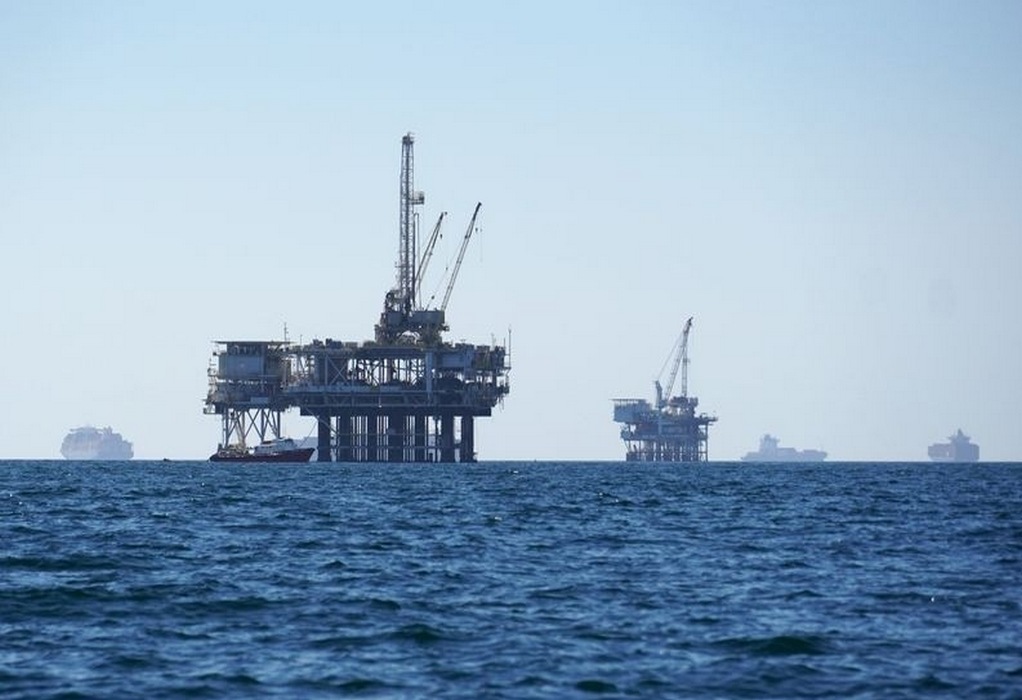Fossil fuel-related items – transport and household energy – contributed about 20% to India’s annual rate of inflation between April and May 2022, according to a report published by Cambridge Econometrics ‘Fossil Fuel Prices and Inflation in India’. India’s annual inflation rate was 7-8% during the period.
According to the report, between January 2021 and August 2022, fuel and power prices rose nearly five times faster (57%) than overall consumer prices in the country (12%). This was reflected in consumer spending. Households in the Delhi region, for instance, are estimated to have spent 25% more on fuels and electricity in 2022 than in 2021, and nearly 50% more – around Rs 4,100 – than in 2020.
For rural households, this was even more pronounced “given their higher spendings on energy in proportion to their income”, the report said.
It may be recalled that the G20 Energy Transitions Working Group discussions held in Bengaluru recently suggested the possibility of continued usage of fossil fuels for another 15-20 years.
While the subsidies for renewable energy have gone up over the last one year alone, the support for fossil fuels is still four times what renewable energy projects receive in India, says the report.
Fossil fuel-based energy carriers are fully regulated through tariffs, taxes, subsidies and price caps, making it difficult to fully estimate the complete benefits of renewable energy in India, it says. India is one of the fastest growing economies in the world, responsible for over 10% of the increase in total global energy demand and is only expected to grow rapidly over the coming decades, it adds.
In the long term, increasing the electrification of transport and household energy consumption, coupled with an expansion of renewables, will further reduce household and business consumers’ exposure to volatile fossil fuel prices and limit the need for costly government spending.
While subsidies for renewable energy have gone up over the last year alone, the support for fossil fuels is still four times what renewable energy receives in India, says the report by Cambridge Econometrics.
Tags: Cambridge Econometrics, Fossil Fuels, Inflation, Renewables



Recent Posts
DNV Grants Approval in Principle for New Ammonia Bunkering Vessel Design
Proteus Launches Modular Hydrogen Fuel Cell System for Maritime Sector
Van Oord Unveils Boreas, World’s Largest and Most Sustainable Offshore Wind Installation Vessel
New methanol-fuelled vessel ‘Berlin Maersk’ to enter service
NMPA wins greentech global environment award
CMA CGM in negotiations with Indian shipyards for LNG-powered shipbuilding
L&T to Develop Green Hydrogen and Ammonia Projects in Kandla
Pan Ocean Orders Two Eco-Ready VLCCs from HD Hyundai Heavy Industries